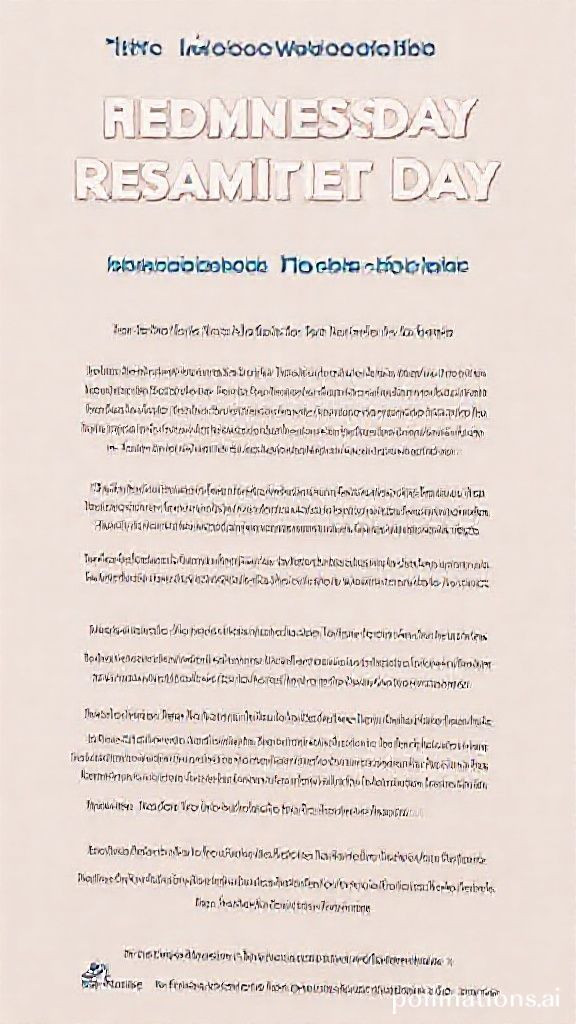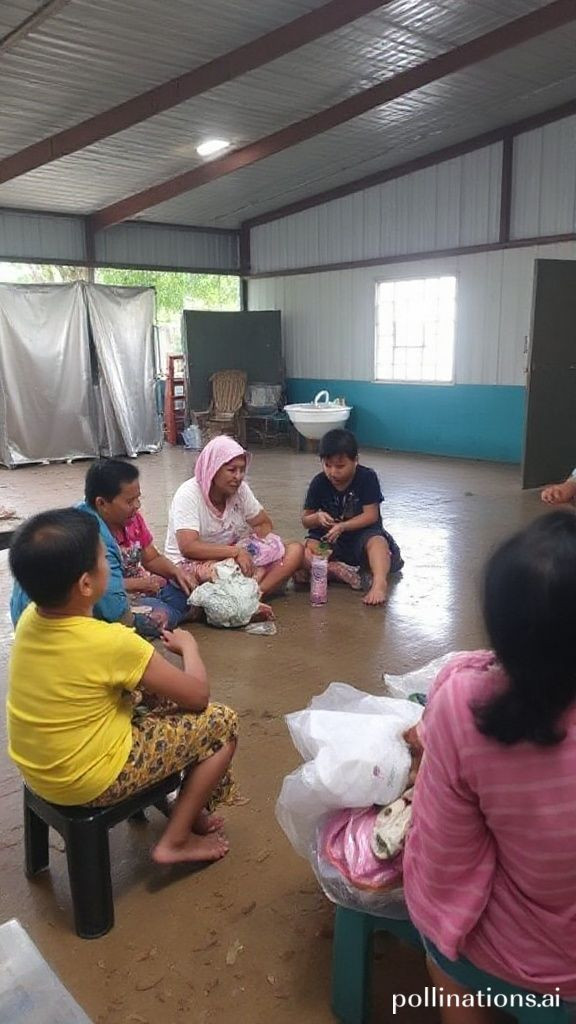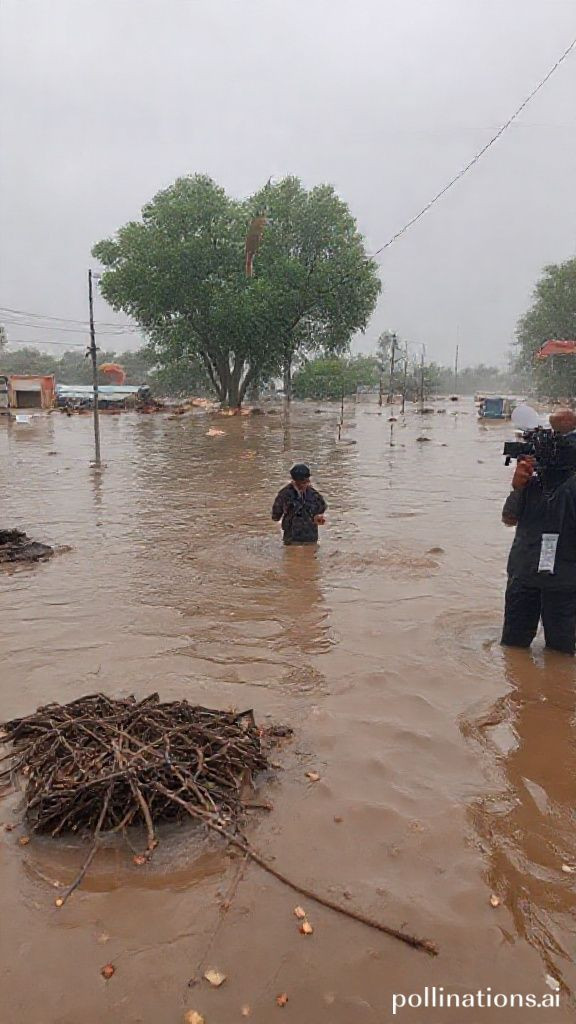
Introduction As languages continue to disappear at an alarming rate, the process of language preservation has become increasingly important. This guide will provide you with essential information and resources that can help you navigate the world of language preservation. Why is Language Preservation Important? There are many reasons why language preservation is crucial. It allows us to keep a record of our cultural heritage for future generations. Additionally, preserving languages promotes linguistic diversity, which benefits everyone by exposing them to new ideas and ways of thinking. Finally, it helps prevent the marginalization or even extinction of minority groups who use these languages. What are some methods used in language preservation? There are several techniques employed in this endeavor, each tailored for different circumstances. Here we'll discuss a few common ones Linguistic Documentation This involves creating detailed records on how certain words are spelled and pronounced. It also includes documenting idioms, slang expressions, metaphors, etc. This information helps linguists understand the grammatical rules behind any given language so that they can help it survive through education programs or other initiatives. Translation Projects These involve translating important texts from one language into another to ensure they don't get lost forever due to lack of knowledge by future generations. These translations usually require skilled bilingual individuals who are well-versed in both languages involved. Lexicon Development This involves creating dictionaries for each language being preserved so people can look up meanings quickly without having to learn the entire lexicon first (which takes time!). This makes learning these languages much easier since you already know what most words mean before even attempting to speak them yourself! Language Teaching & Educational Programs Teaching classes at universities or community centers where people from all walks of life come together voluntarily just so they can learn about another culture's traditions through its language! It allows everyone involved - teacher & student alike -to broaden their horizons while having fun along the way too. Language Immersion This involves living somewhere where you don't speak any native tongue for extended periods—months or years sometimes! Living amongst locals helps one understand cultural nuances better than anything else out there could ever provide us with.
Introduction As languages continue to disappear at an alarming rate, the process of language preservation has become increasingly important. This guide will provide you with essential information and resources that can help you navigate the world of language preservation. Why is Language Preservation Important? There are many reasons why language preservation is crucial. It allows us to keep a record of our cultural heritage for future generations. Additionally, preserving languages promotes linguistic diversity, which benefits everyone by exposing them to new ideas and ways of thinking. Finally, it helps prevent the marginalization or even extinction of minority groups who use these languages. What are some methods used in language preservation? There are several techniques employed in this endeavor, each tailored for different circumstances. Here we'll discuss a few common ones Linguistic Documentation This involves creating detailed records on how certain words are spelled and pronounced. It also includes documenting idioms, slang expressions, metaphors, etc. This information helps linguists understand the grammatical rules behind any given language so that they can help it survive through education programs or other initiatives. Translation Projects These involve translating important texts from one language into another to ensure they don't get lost forever due to lack of knowledge by future generations. These translations usually require skilled bilingual individuals who are well-versed in both languages involved. Lexicon Development This involves creating dictionaries for each language being preserved so people can look up meanings quickly without having to learn the entire lexicon first (which takes time!). This makes learning these languages much easier since you already know what most words mean before even attempting to speak them yourself! Language Teaching & Educational Programs Teaching classes at universities or community centers where people from all walks of life come together voluntarily just so they can learn about another culture's traditions through its language! It allows everyone involved - teacher & student alike -to broaden their horizons while having fun along the way too. Language Immersion This involves living somewhere where you don't speak any native tongue for extended periods—months or years sometimes! Living amongst locals helps one understand cultural nuances better than anything else out there could ever provide us with.
Introduction
As languages continue to disappear at an alarming rate, the process of language preservation has become increasingly important. This guide will provide you with essential information and resources that can help you navigate the world of language preservation.
Why is Language Preservation Important?
There are many reasons why language preservation is crucial. It allows us to keep a record of our cultural heritage for future generations. Additionally, preserving languages promotes linguistic diversity, which benefits everyone by exposing them to new ideas and ways of thinking. Finally, it helps prevent the marginalization or even extinction of minority groups who use these languages.
What are some methods used in language preservation?
There are several techniques employed in this endeavor, each tailored for different circumstances. Here we'll discuss a few common ones
Linguistic Documentation
This involves creating detailed records on how certain words are spelled and pronounced. It also includes documenting idioms, slang expressions, metaphors, etc. This information helps linguists understand the grammatical rules behind any given language so that they can help it survive through education programs or other initiatives.
Translation Projects
These involve translating important texts from one language into another to ensure they don't get lost forever due to lack of knowledge by future generations. These translations usually require skilled bilingual individuals who are well-versed in both languages involved.
Lexicon Development
This involves creating dictionaries for each language being preserved so people can look up meanings quickly without having to learn the entire lexicon first (which takes time!). This makes learning these languages much easier since you already know what most words mean before even attempting to speak them yourself!
Language Teaching & Educational Programs
Teaching classes at universities or community centers where people from all walks of life come together voluntarily just so they can learn about another culture's traditions through its language! It allows everyone involved - teacher & student alike -to broaden their horizons while having fun along the way too.
Language Immersion
This involves living somewhere where you don't speak any native tongue for extended periods—months or years sometimes! Living amongst locals helps one understand cultural nuances better than anything else out there could ever provide us with.






